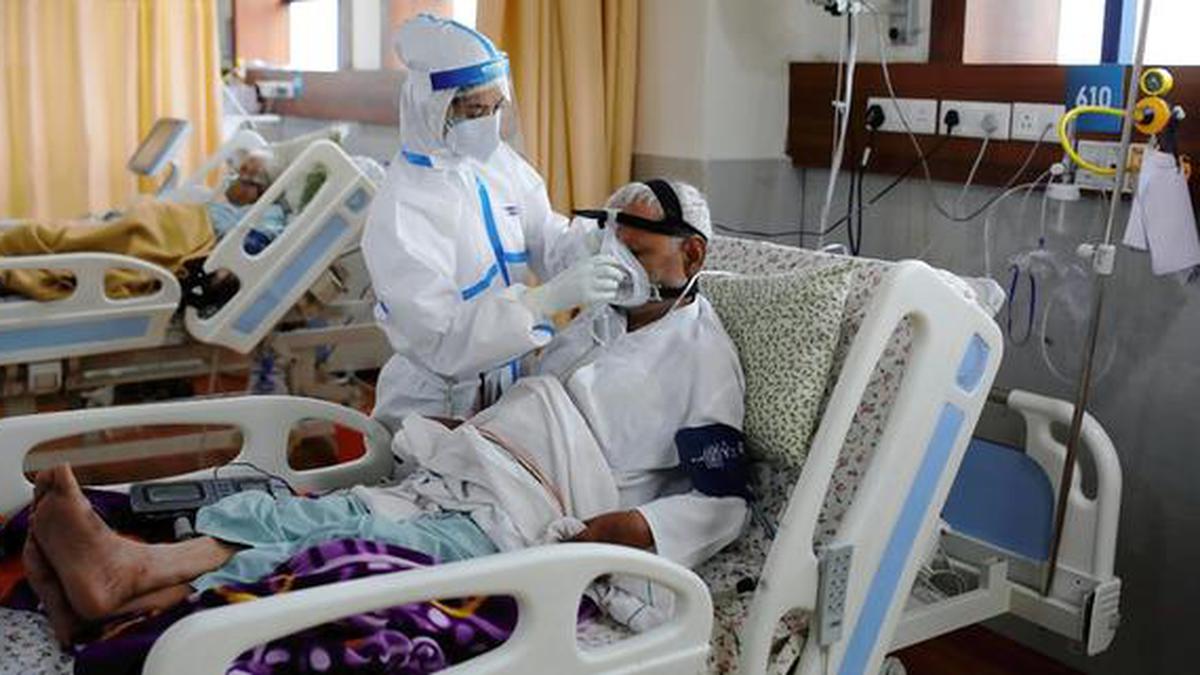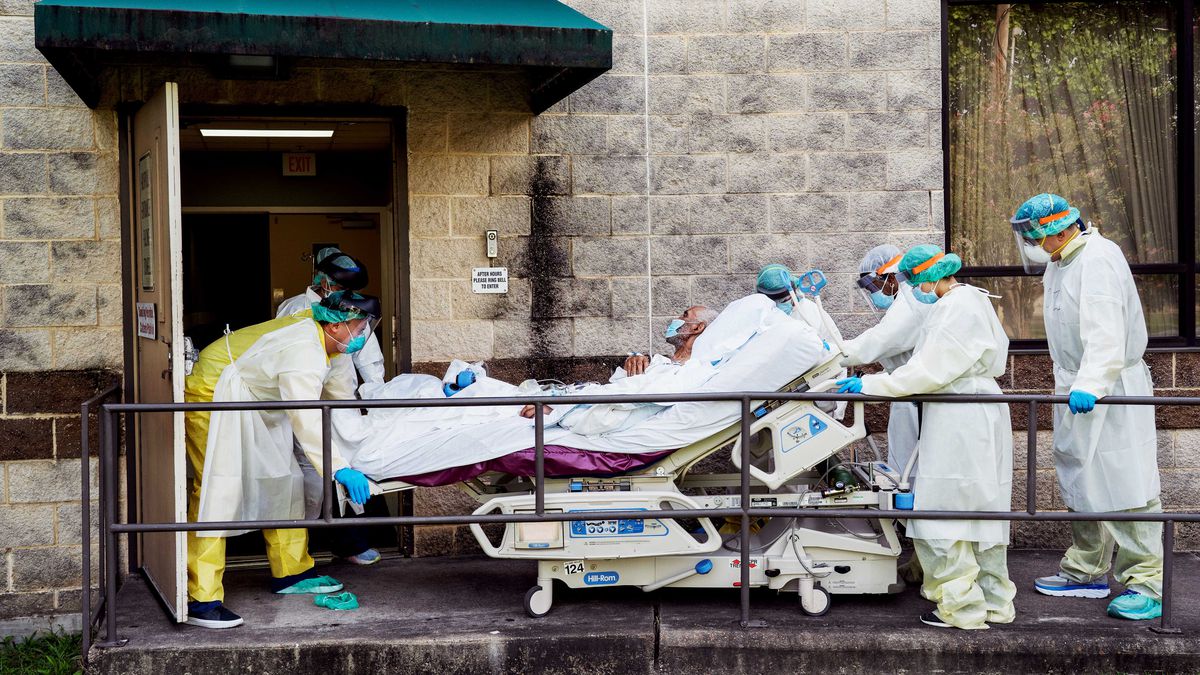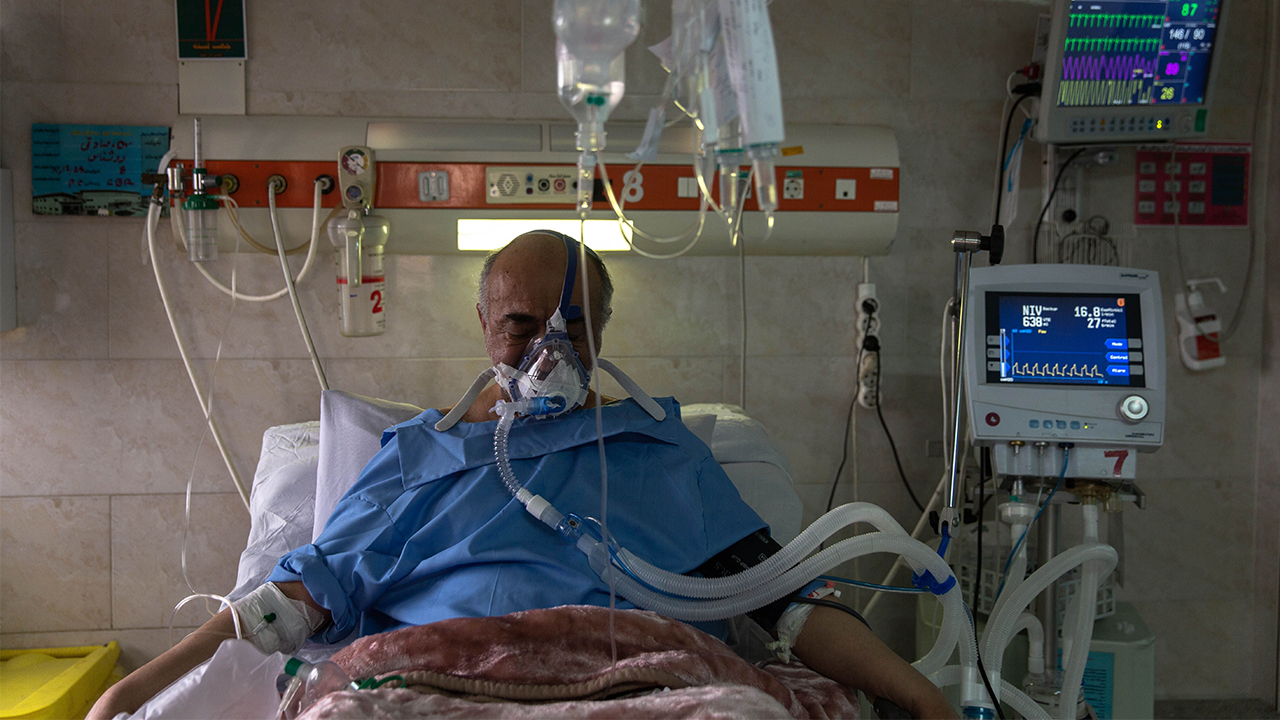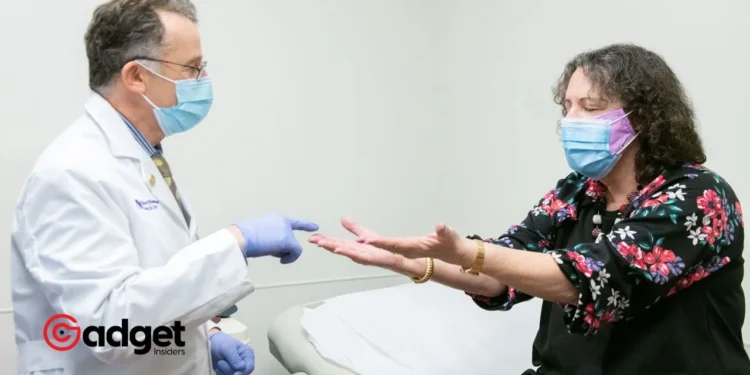As the world slowly recovers from the COVID-19 pandemic, the long-term impacts on survivors, particularly those who experienced severe forms of the virus, continue to unfold. A recent study spearheaded by Dr. Anil Makam, an associate professor of medicine at the University of California, San Francisco, reveals a troubling scenario: two-thirds of severe COVID-19 patients are still battling physical, mental, and cognitive challenges a year after their initial infection.
The research, which focused on 156 patients who required long-term acute care due to severe COVID-19 symptoms, sheds light on the persistent hardships faced by these individuals.
These patients, typically over the age of 65 and previously healthy, faced a daunting recovery journey. Many of them had relied on mechanical ventilation and experienced extended hospital stays that resulted in complications such as bedsores and nerve damage.

Ongoing Health Complications Post-COVID
Dr. Makam pointed out that the health issues observed, including the need for ongoing oxygen and various other health complications, are not just a repercussion of COVID-19 but mirror the effects seen in survivors of any prolonged critical illness.
“The long-lasting impairments we observed are common to survivors of any prolonged critical illness, and are best addressed through multidisciplinary rehabilitation,” Dr. Makam noted.
Moreover, while many survivors have been able to return to their homes and even resume employment, the journey back to full health remains incomplete for most. The emotional and physical toll of such a recovery is immense, highlighting the need for comprehensive post-COVID care programs.
A new study has found that one year after recovering from COVID-19, survivors face a range of physical, mental, and cognitive challenges, underscoring the significant hurdle faced by millions of patients.https://t.co/5cMwD5Ia1g
— Tech Times (@TechTimes_News) April 11, 2024
The Science Behind the Lasting Effects
Adding a deeper layer to our understanding, previous studies have shown that the SARS-CoV-2 virus can cause permanent damage to the mitochondria in critical organs such as the heart, kidneys, and lungs.
Research from the National Institutes of Health indicates that even after the virus is no longer detectable in the body, its impact on mitochondrial genes in the nasopharynx can lead to organ damage over time.
Interestingly, while lung tissue tends to recover mitochondrial gene expression post-infection, studies indicate a sustained impact on the brain, suggesting long-term consequences that may not be immediately apparent.

Advances in Treatment and Prevention
Amid these ongoing challenges, there is a glimmer of hope as medical advancements continue. The latest development from pharmaceutical giant Moderna is a testament to the relentless pursuit of more effective COVID-19 vaccinations.
A new vaccine formulation has demonstrated a higher immune response, particularly against newer variants of the virus, in a late-stage trial involving over 11,400 participants, including vulnerable groups like those over 65 years of age.
This new vaccine not only promises better protection but also features improved logistical attributes such as extended shelf life and simpler storage requirements, making it particularly beneficial for distribution in regions lacking advanced medical infrastructure.

Policy Responses and Measures
On the policy front, significant steps are being taken to address issues stemming from the pandemic. The Biden administration, through actions spearheaded by the Justice Department’s COVID-19 Enforcement Task Force, has made headway in prosecuting pandemic aid fraud, recovering billions in stolen funds, and securing numerous civil settlements.
As these efforts continue, with proposals to increase funding for anti-fraud measures and extend statutes of limitations on pandemic-related crimes, it is clear that the fight against COVID-19 and its ramifications is far from over.
Looking Ahead
The journey of COVID-19 survivors, particularly those who have endured severe forms of the virus, underscores a critical ongoing battle.
As researchers like Dr. Makam advocate for comprehensive rehabilitation strategies, policymakers, and pharmaceutical companies push forward with new solutions.
The hope is that these combined efforts will pave the way for a smoother recovery and a better future for millions affected by this devastating pandemic.










